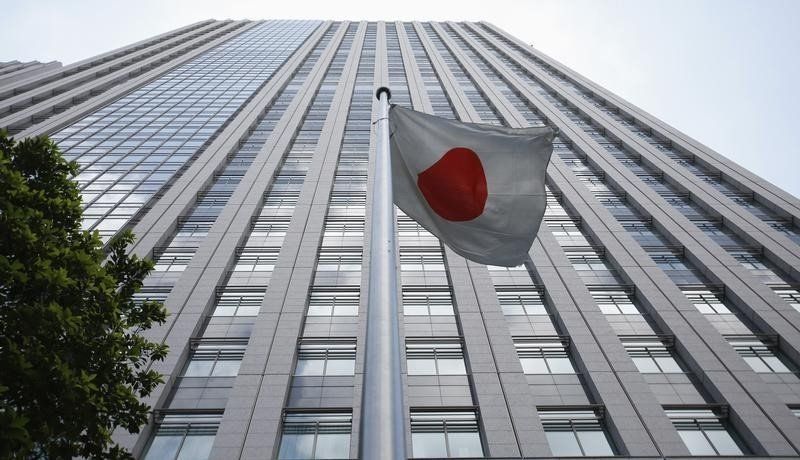The Japanese Stock Market Faces Its Biggest Losses Since 1987
05.08.2024 10:04 2 min. read Kosta Gushterov
Concerns about the state of the U.S. economy are having an impact on the Japanese stock market and stock indices in Asia.
Japanese stocks posted their biggest losses since October 1987, extending last week’s sell-off. The Nikkei stock average fell 10.01%, or 3,595.30 points, to 32,314.40 points, the lowest in months. The index has fallen sharply from its peak in July and is on track for its biggest two-day decline on record.
BREAKING: Japan’s stock market, the Nikkei 225, is currently set to post its largest 2-day drop in history.
This is an even larger drop than the Black Monday crash of 1987, per Zerohedge.
Now, South Korea has halted ALL sell orders as markets crash.
Panic selling has arrived. pic.twitter.com/eoxEeaxIh8
— The Kobeissi Letter (@KobeissiLetter) August 5, 2024
U.S. stocks went through a sell-off for a second straight session on Friday after a weak jobs report raised fears of a looming recession and expectations that the Federal Reserve will cut interest rates significantly in September.
The prospect of lower interest rates weighed on the dollar, boosting the yen. The Japanese currency rose nearly 1% to 145.11 per dollar after hitting its highest since mid-January at 144.76.
Meanwhile, Indian stocks fell about 2% in their strongest daily decline in two months, and Taiwan’s benchmark slumped 7.9% to its lowest level since late April. South Korean shares lost more than 5%, their worst decline since March 2020. In Southeast Asia, Singapore’s benchmark fell 3.6%, while stocks in Indonesia and the Philippines lost about 2%.
-
1
Gold Beats U.S. Stock Market Over 25 Years, Even With Dividends Included
13.07.2025 15:00 1 min. read -
2
US Inflation Heats Up in June, Fueling Uncertainty Around Fed Cuts
15.07.2025 16:15 2 min. read -
3
U.S. Announces Sweeping New Tariffs on 30+ Countries
12.07.2025 16:30 2 min. read -
4
Robert Kiyosaki Predicts When The Price of Silver Will Explode
28.06.2025 16:30 2 min. read -
5
Key U.S. Economic Events to Watch Next Week
06.07.2025 19:00 2 min. read
US Inflation Heats Up in June, Fueling Uncertainty Around Fed Cuts
U.S. inflation accelerated in June, dealing a potential setback to expectations of imminent Federal Reserve rate cuts.
Gold Beats U.S. Stock Market Over 25 Years, Even With Dividends Included
In a surprising long-term performance shift, gold has officially outpaced the U.S. stock market over the past 25 years—dividends included.
U.S. Announces Sweeping New Tariffs on 30+ Countries
The United States has rolled out a broad set of new import tariffs this week, targeting over 30 countries and economic blocs in a sharp escalation of its trade protection measures, according to list from WatcherGuru.
Key U.S. Economic Events to Watch Next Week
After a week of record-setting gains in U.S. markets, investors are shifting focus to a quieter yet crucial stretch of macroeconomic developments.
-
1
Gold Beats U.S. Stock Market Over 25 Years, Even With Dividends Included
13.07.2025 15:00 1 min. read -
2
US Inflation Heats Up in June, Fueling Uncertainty Around Fed Cuts
15.07.2025 16:15 2 min. read -
3
U.S. Announces Sweeping New Tariffs on 30+ Countries
12.07.2025 16:30 2 min. read -
4
Robert Kiyosaki Predicts When The Price of Silver Will Explode
28.06.2025 16:30 2 min. read -
5
Key U.S. Economic Events to Watch Next Week
06.07.2025 19:00 2 min. read

